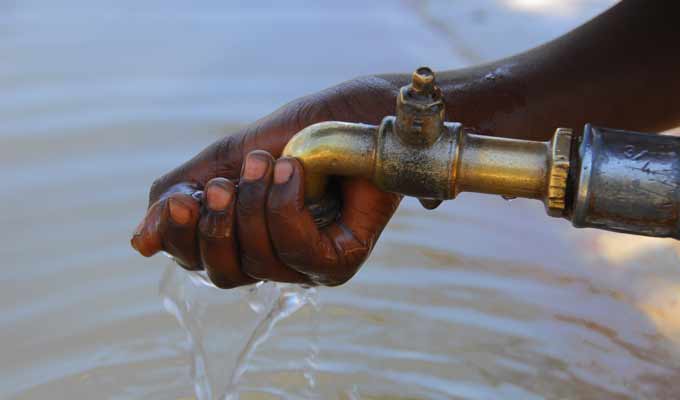Project facilitating learning on WASH (FLOW) annual report – Year 3

Water scarcity affects more than 40 percent of people around the world, an alarming figure that is projected to increase with the rise of global temperatures as a result of climate change. Although 2.1 billion people have gained access to improved water sanitation since 1990, dwindling supplies of safe drinking water is a major problem impacting every continent.
In 2011, 41 countries were water stressed – 10 of which are close to depleting their supply of renewable freshwater and rely on alternative sources. Increasing drought and desertification is already worsening these trends. By 2050, it is projected that at least one in four people will be affected by recurring water shortages.1 It is believed that the third World War will be fought over water crisis and global water sharing issues. Another issuing plaguing our society is the lack of know how to value such a precious resource and the ways it can be intertwined in our thoughts, practice and action.
With the advent of global goals in 2015, and recapitulating the above crisis, stress has been on working for Sustainable Development Goal No. 6 which is on ‘Clean Water and Sanitation’ so that every individual effort is contributed to Nations’ INDCs. Against this background, Bharti Infratel Ltd in association with The Energy and Resources Institute (TERI) initiated a CSR project titled– Facilitating Learning on WASH (FLOW) that aims to provide safe water facilities to 60 marginalized schools across 6 cities and build capacities of students, teachers and the surrounding communities on WASH related issues.
Project Objectives:
- Development of safe water supply infrastructure for the vulnerable communities: Construction of new clean water supply facilities and rehabilitation of existing facilities to improve the health and well-being of the marginalized inhabitants.
- Awareness generation: Creating improved knowledge, attitude and practices amongst the primary beneficiaries with respect to Water, Sanitation and Hygiene.
- Stakeholder participation and integrated governance: Development of an integrated governance framework that engages government officials, economic players, representatives of sciences and the civil society in a collaborative manner for effective implementation of solutions
- Sustainability education and capacity building: Promoting integrated water resources management at the local level (involving teachers and communities) for maintaining the quality and quantity of water and infrastructure
- Contribution to sustainable development of the region by creating conditions for economic and social progress
